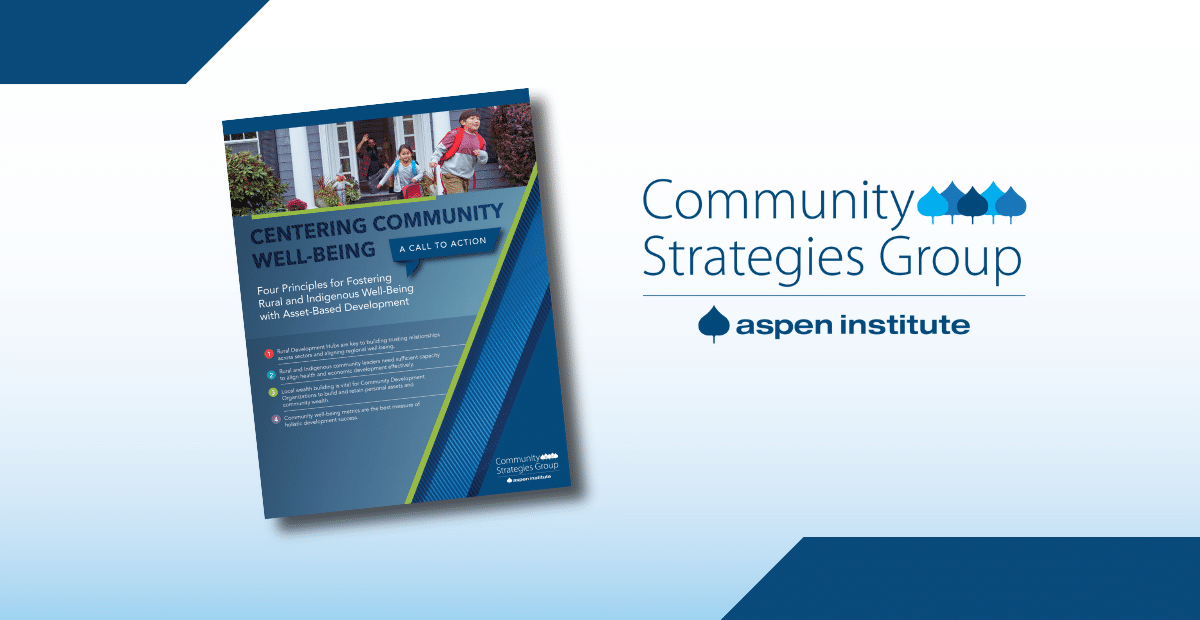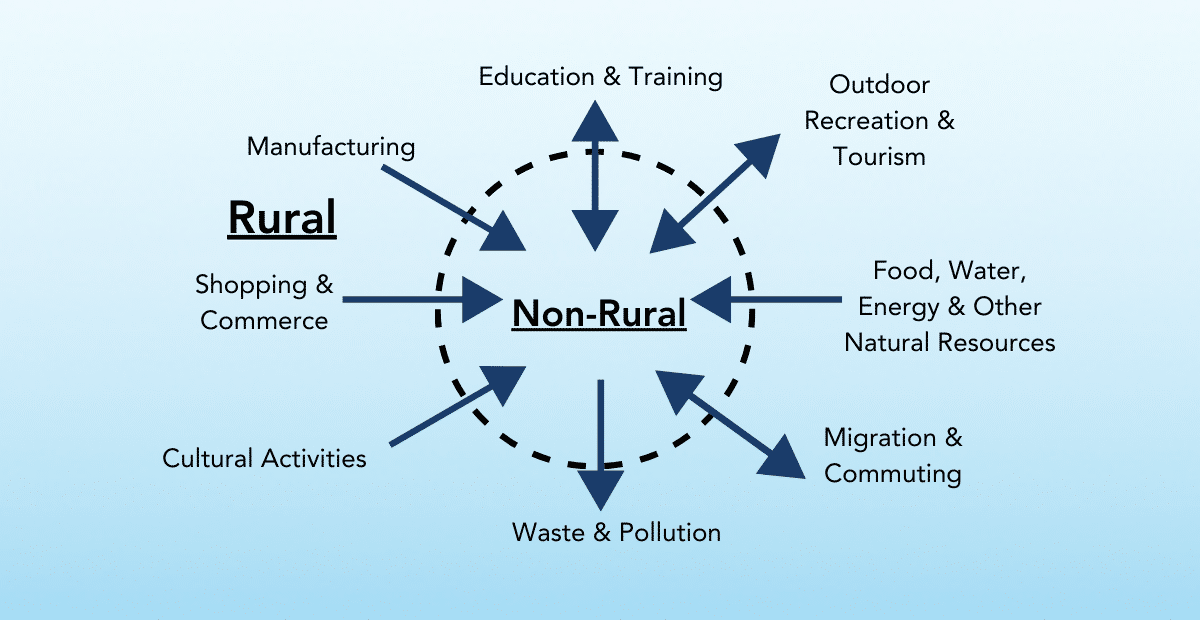View this Publication
Report examines the contribution of industrial change to the growth of low wage work in the rural United States.
Research points to evidence that not only did the percentage of low earners increase in the rural U.S. overall, but also among all rural labor force groups based on race, sex, age, and education within each of nine Census regions. Research points to industrial restructuring as a primary contributor to such trends. Report’s major findings are that the growth in the share of low earners in rural areas cut across all major industry sectors and is largely attributable to changes which have occurred within industries, rather than to employment shifts between industries.
Report estimates that economic turmoil trends do not show signs of a reversal in the short term, concluding that global overproduction of oil and other natural resources commodities such as copper is not likely to abate in the near future, which will continue to depress domestic production in these industries.








